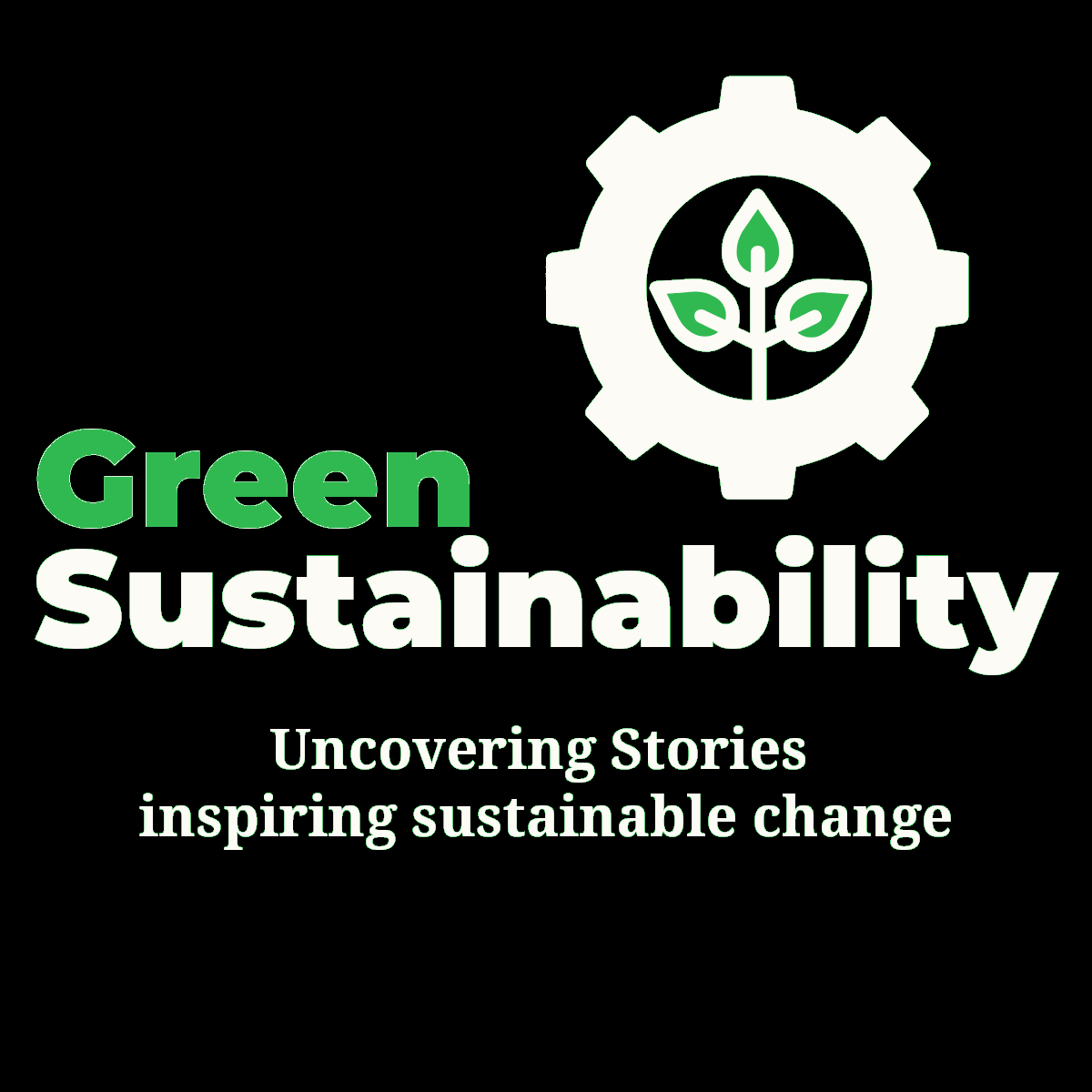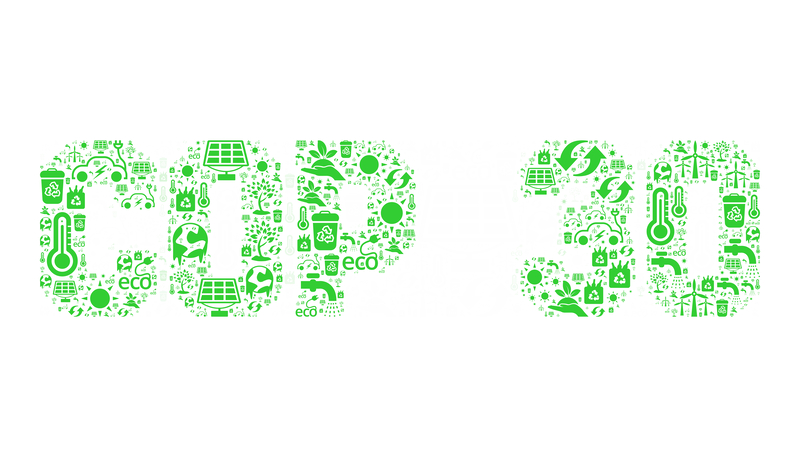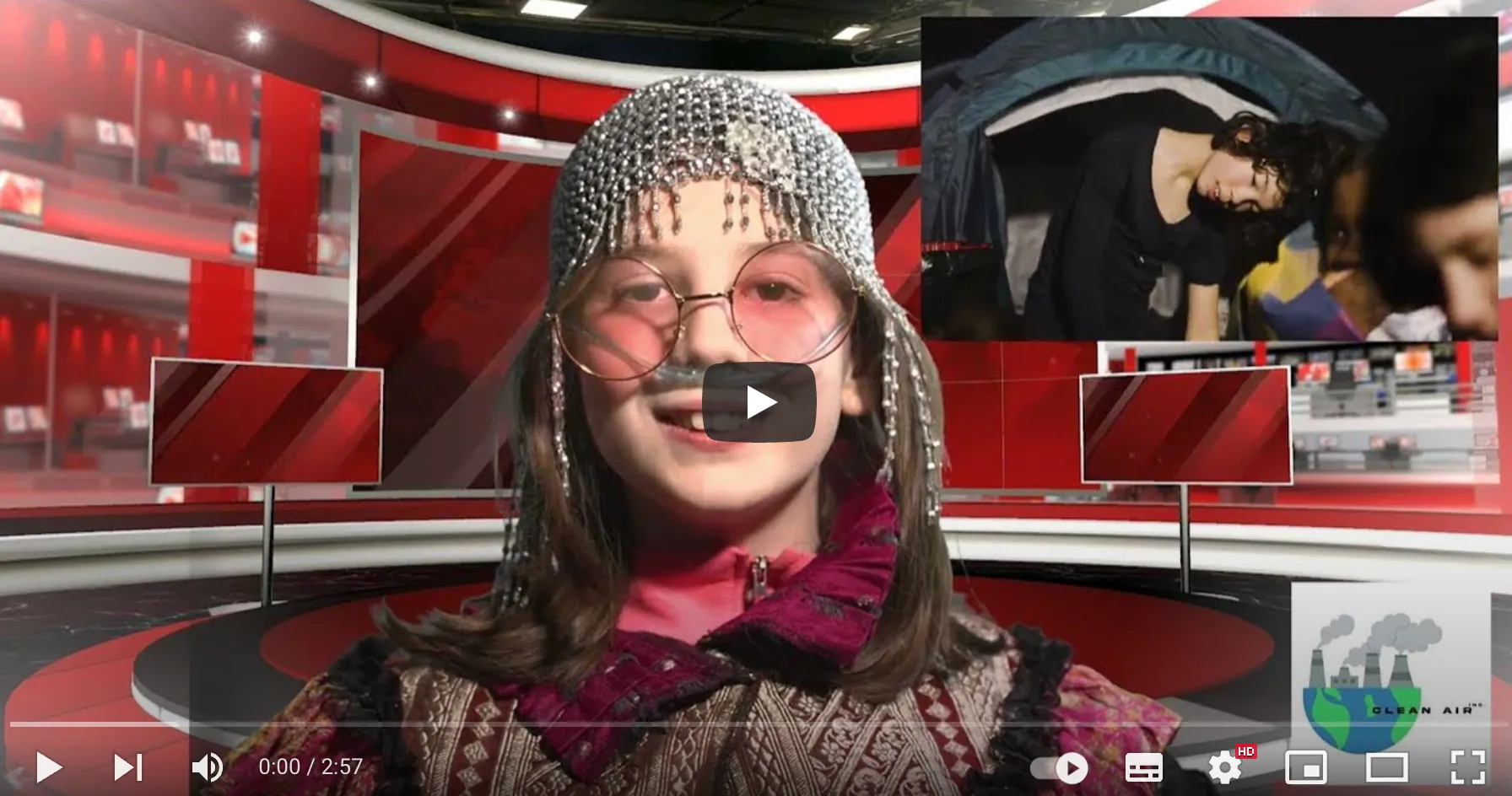Sea ice, land ice and their effects on sea levels: an experiment
One of the negative environmental consequences of climate change is rising sea levels. As sea levels get higher, they create more dangerous storm conditions for coastal communities and can flood streets, homes, and even whole towns. Increasingly, people are needing to abandon their coastal homes because it's not safe to live there anymore.
Melting ice is the main cause of sea level rise.
Almost 70% of the freshwater on Earth is frozen. It is locked away in places like the polar ice caps, glaciers, sea ice, icebergs and permafrost.
As global temperatures rise, an increasing amount of this ice is melting, leading to sea level rise. However, it’s important to understand that not all melting ice is contributing to sea level rise.
Ice that is already in the sea, or floating on the sea (e.g. icebergs and sea ice) is not contributing to sea level rises. This is because the ice is already displacing an equivalent amount of water in the ocean. On the other hand, when land-based ice melts and runs into the sea, this causes an increase in sea levels.
This practical experiment provides a visual demonstration of the differing effects of sea and land ice on sea levels. The experiment has been designed to maximise the opportunities for children to learn about the process of scientific enquiry in the context of this important climate issue. Relevant links to the national curriculum have been highlighted where relevant.
You will need the following:
2x paper cups
2x identical 900 ml clear plastic tupperware containers (no lids needed)
2x identical small ramekins (these need to fit inside the tupperware)
Scissors
Permanent marker
Blu tack
Small measuring jug or kitchen scales
Tap water
Access to a freezer
Cool bag (recommended) - can be used to prevent the ice from melting while you introduce the lesson
This experiment has been created by Renee Tonkin PhD of Science Owl, in collaboration with Better Planet Education.
Our Supporters



.png)




















.png)



























.original.avif)
.original.webp)




















_(1).original.avif)

